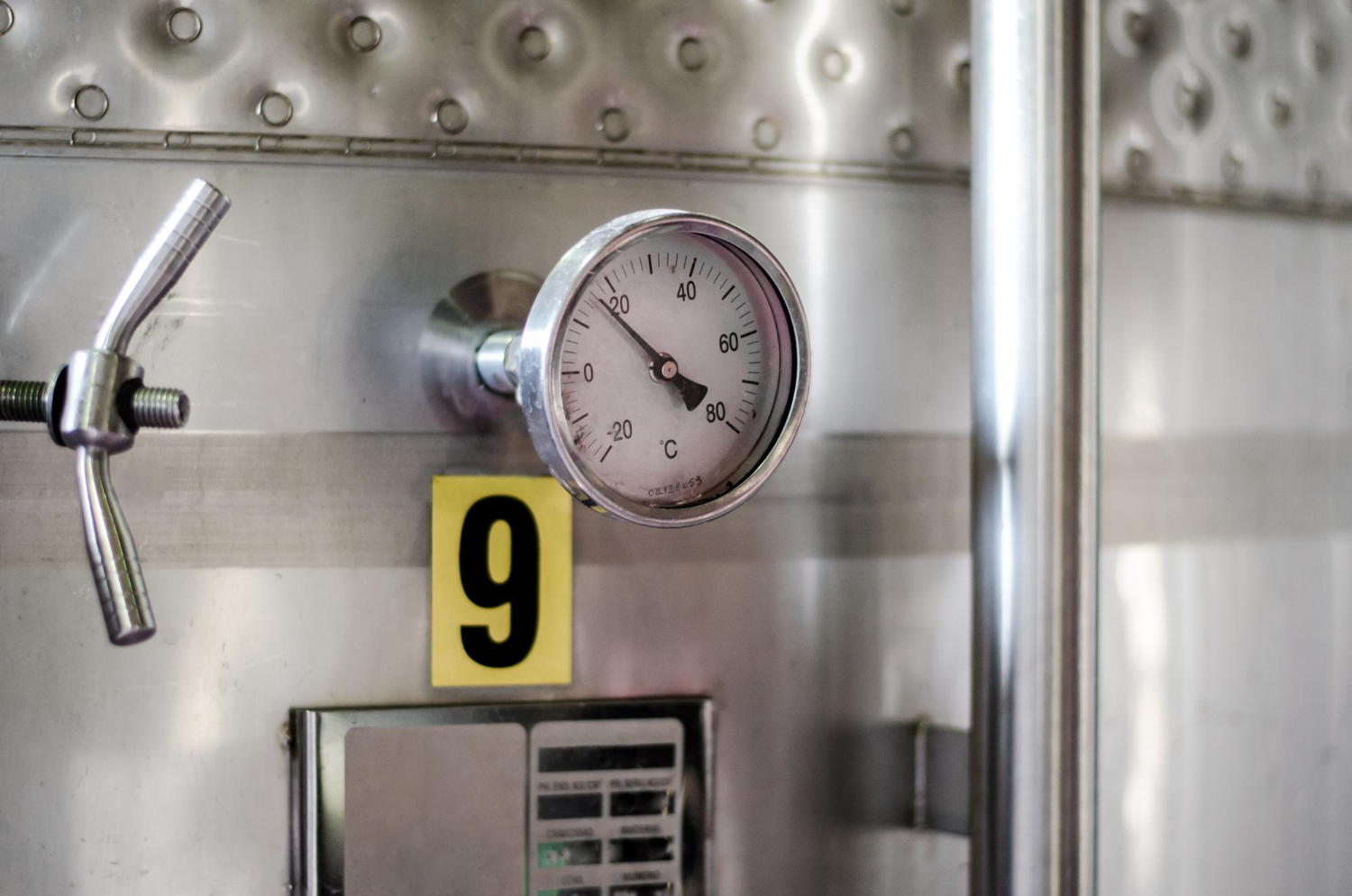What is a J type thermocouple?

A J type thermocouple is one of the most common and applicable thermocouple types. The most important thing to know about this thermocouple is that is has a small temperature range and a reduced lifespan if used at higher temperatures. It has positive leg which is made from an iron wire and negative leg consisting of a constantan (copper 55% and nickel 45%) alloy wire. It is the Curie Point of the iron at 770C that gives type J its restricted temperature parameters of -40C-750C.
If this thermocouple is used in an oxidising environment at a high temperature the iron will change on a molecular level and no longer have its normal voltage output versus temperature. It won’t return when the iron is cooled down either. The cost and dependability of this thermocouple mirrors the type K. However, in order for the J type to work properly reduction atmosphere would be best and it shouldn’t be used at particularly low temperatures either.
The linearity of a J type thermocouple can vary by -70C across its full range from -210C to 1200C. It has a particularly straight section from 100C to 500C which veers off at around -0.5C. Both the lower and higher ranges can be lengthened with linearity loss.
Why use a J type thermocouple?
- Out of all the different types of thermocouples, type J is the least costly
- It provides 1mV output for 18C
- It is beneficial in lowering atmospheres
- If it is protected by the right mineral insulation and a suitable outer sheath, the J type can be used from 0 to 816C. It isn’t at risk of wear in the 371 to 538C temperature range
- It is versatile and can be used for many different applications in industry
Type J insulation material
In J type thermocouples, MgO insulation is the main type used due to its many useful features including quick response, small size, wide temperature range, durability, accuracy, thermal shock, and resistance to vibration. This makes it an ideal choice for practically all lab or process uses. Conventional MgO insulation includes ANSI/ASTM standard limits of error conductor material and normal (96%) of pure insulation.
MgO insulation has initial calibration tolerances at the temperature range of 0 to 750C. Its typical tolerance is +2.2C or +0.75% which is the right fit for J type thermocouples.
What are the downsides to type J thermocouples?
- Can’t be used for temperatures that are over 760C
- They have an iron wire in one leg which means it will form rust in humid conditions and the rust can lead to incorrect readings or at worst an open circuit
- They can become oxidised, so it is not the right option for damp areas or low temperatures
- If used at a higher temperature than 760C there will be a quick magnetic alteration that will cause irreversible recalibrations
Summary
J type thermocouples are great for a lot of industry applications, but they have their limitations and in specific cases they won’t be the right fit for the job. If you need help understanding thermocouples and what your business operations need in terms of temperature measurement and control, TRM are here to support you. Contact us today to discuss your needs and our team of specialists will be on hand to implement the right solutions.